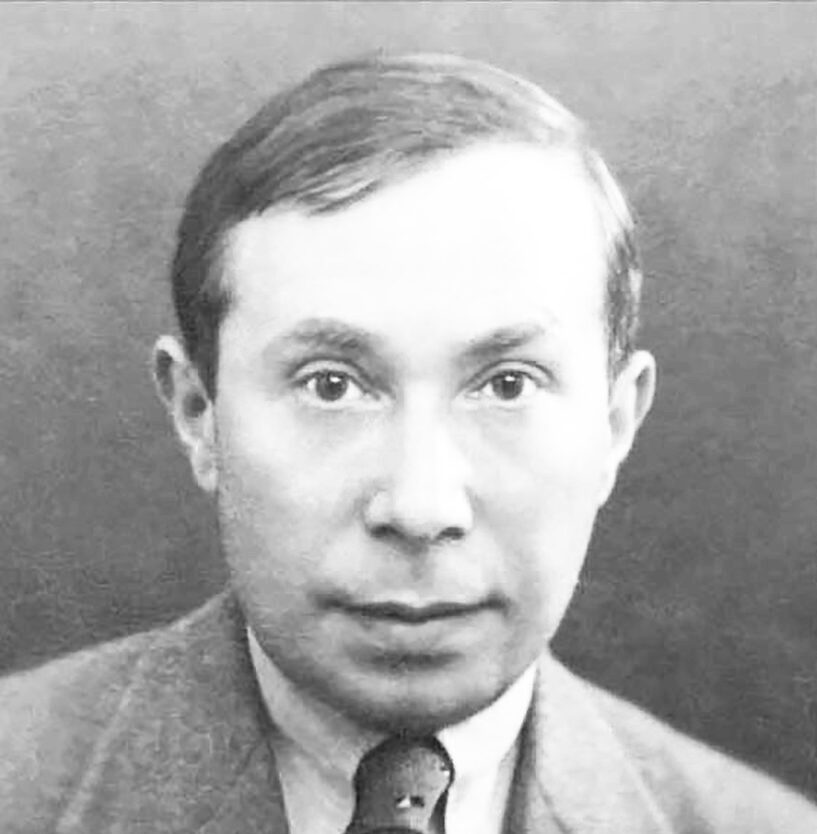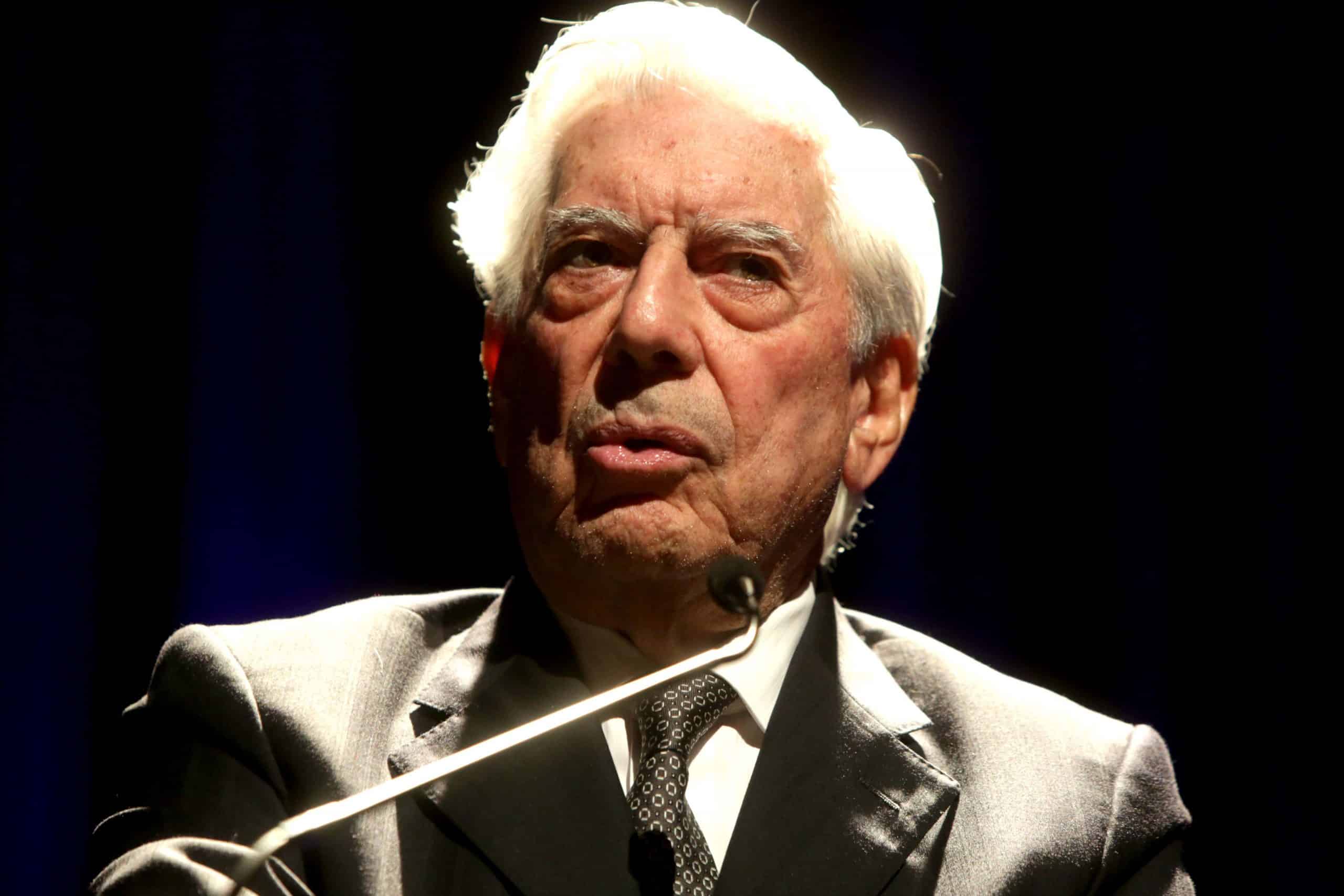Conservatives with at least a basic grasp of the history of our movement know that the victory of 1980—when the former governor of California was first elected president, launching the Reagan Revolution—began in an unlikely place: the ashes of defeat. And not just any defeat, but a decidedly crushing one: the election of 1964, when Barry Goldwater lost in a landslide to Lyndon Johnson.
Yet ISI-schooled conservatives can trace the triumph of the 1980s even further back. At least a decade earlier, in fact—to 1953, when three highly influential books were published: Leo Strauss’s Natural Right and History, Robert Nisbet’s Quest for Community, and Russell Kirk’s Conservative Mind.
The conservatives of today looking to sharpen their minds and fire their intellects have many fine works of political philosophy to choose from. But that wasn’t the case seventy years ago, as the presidency of Dwight Eisenhower got underway and Americans adjusted to a world shaped largely by the New Deal and the Cold War. As Richard Brookhiser quipped, in those days, “the American Right Wing was an intellectual rag-tag, about as coherent as the Iranian parliament,” boasting “robber barons and free-enterprisers; Communists turned Americans; America Firsters turned McCarthyites; Midwestern Republicans and Confederates.”
Yes, William Buckley’s seminal volley, God and Man at Yale, had come out in 1951, but it was still a relatively new work, and National Review wouldn’t debut for another two years. Derided by the intelligentsia, ignored by the media, and unsung even by its adherents, conservatism was so ill-regarded that the very notion of a “conservative mind” was considered oxymoronic. Left-liberalism, then in its post–World War II heyday, appeared to be the wave of the future. Who could challenge its seeming hegemony?
Leo Strauss, for one. His Natural Right and History is aptly named, as it represents his attempt to defend the idea of “natural right.” To those of us who subscribe wholeheartedly to the views of the Founding Fathers, especially those key passages of the Declaration of Independence in which Thomas Jefferson rests the American experiment on the existence of “certain inalienable rights” that our Creator endowed us with, it may seem quaint that such a defense was necessary. Who doesn’t believe in “natural right”?
Some key people, as it turns out, and to the sorrow of many who found themselves caught in the iron grip of communism and totalitarianism, those believers helped shape the political and philosophical outlook of leaders whose primary legacy is war, famine, and destruction. Strauss demonstrates that the idea of “natural right”—that there is such a thing as immutable truth, which remains true for all ages—goes back at least as far as Socrates, Plato, and Aristotle, and it can count the United States of America among its progeny. But later political philosophers rejected the idea of natural right.
According to Strauss, this rejection is not only ahistorical; it’s a recipe for disaster. As he writes in Natural Right and History, the relativism it spawns “leads to nihilism”—the rejection of all moral and religious principles in the mistaken belief that life is ultimately meaningless. Indeed, Strauss emphasized, “it is identical with nihilism.” And who can take an honest look at contemporary life, with so many people completely unmoored from belief in anything higher than material gain, and not conclude that nihilism has made serious inroads in our society?
It has also, sadly, bred isolation and a sense of hopelessness. And that brings us to Robert Nisbet. Drawing on Edmund Burke and Alexis de Tocqueville, he called the emergence of the sovereign political state “the greatest single influence upon social organization in the modern West.” The West’s history since the Middle Ages was, in fact, the story of the decline of “intermediate associations” between the individual and the state.
Nisbet, however, noted the deterioration of such institutions as the family, the church, and the neighborhood had not, as many intellectuals had predicted, liberated man. Instead, it had produced alienation and despair. The simple fact is that, to quote the historian George Nash, man cannot live in “Hobbesian isolation.” As Nisbet points out, “The quest for community will not be denied, for it springs from some of the most powerful needs of human nature—needs for a clear sense of cultural purpose, membership, status, and continuity.” Seeking to consolidate its power, the modern totalitarian state sought to satisfy these needs through a “national community,” and, tragically, succeeded in many instances.
But for all its seeming benevolence, Nisbet insisted, the national political community, “centralized and omnicompetent,” remained the most profound threat to freedom in human history. “Total political centralization,” he said, “can lead only to social and cultural death.” Civil society is the antidote. To live in freedom, man must break the bonds between himself and the state through a revitalization of intermediate associations, such as the family, the church, and the neighborhood, the “little platoons” of life about which Burke spoke so eloquently.
When The Quest for Community appeared in 1953, American liberals dismissed its message because they were wedded to the idea of a national community, while conservatives of a libertarian bent paid it scant attention because they favored an individualism that was, however, of little use against the totalitarian state. But Russell Kirk and other traditional conservatives praised The Quest for Community warmly. Nisbet, for his part, acknowledged his deep debt to Kirk’s Conservative Mind, which he said “gave scholarly and timely pedigree to conservatism in England and the United States, demonstrating the key role of Burke in both countries.”
Speaking of Kirk, although his best-known book is not a work of enchantment, it certainly broke the spell under which American conservatism had languished for more than one hundred years. The publication of Kirk’s landmark study, hailed by Whittaker Chambers as one of the most important books of the twentieth century, changed all that. Kirk showed conclusively that conservatism had an illustrious lineage, and he proved that many of the finest British and American thinkers, including Burke, Coleridge, John Adams, and John Calhoun—to say nothing of luminaries such as Tocqueville, Newman, Disraeli, Santayana, and Irving Babbitt—espoused this philosophy. He also demonstrated that much of America’s success derived from her conservative principles.
Attacking popular slurs against traditionalists head-on, Kirk asserted that conservatism is “something deeper than mere defense of shares and dividends, something nobler than mere dread of what is new.” His book was not only, as Lee Edwards asserted, “a brilliant distillation of conservative thinking over the past 150 years,” but also “a scathing indictment of every liberal nostrum, from the perfectibility of man to economic egalitarianism.”
In what he modestly called “my fat book,” Kirk unmasked the shallow rationalism of the cynical French philosophes and unveiled the egotistical underpinnings of Rousseau’s romantic sentimentalism. He exposed the heartlessness of utilitarianism and the absurdity of its founder and disclosed the spiritual bankruptcy of materialism in all its malefic forms.
Kirk’s book sets forth six “canons” or principles that provided a credo for American conservatives:
1) belief in a transcendent order, including natural law;
2) respect for the “variety and mystery of traditional life”;
3) recognition that civilization requires classes and orders;
4) acknowledgment of the crucial link between freedom and private property;
5) adherence to custom, convention, and prescription; and
6) awareness that change is not necessarily reform, and agreement that Providence plays the final role in the affairs of men.
The Conservative Mind was originally titled The Conservatives’ Rout in manuscript form, but it was the beginning of their triumph. Whittaker Chambers successfully encouraged Time magazine to devote the entire book review section of its July 6, 1953, issue to Kirk’s new book. Although reviewers remarked that Kirk’s study seemed to have emerged out of nowhere, its author’s heritage, upbringing, temperament, and education had conspired for thirty years to help him write it. He began it, in fact, in his late twenties. It was then, while earning a doctorate at Saint Andrews, the oldest Scottish university, that he began writing his dissertation on the major conservative writers of Britain and America. Years later this would become The Conservative Mind.
With the publication of his seminal work, Kirk assumed the role he would play for almost forty years: the conscience of the conservative movement. He revitalized conservative thought, galvanized its adherents into forming a movement, and restored its intellectual respectability. As scholar, journalist, editor, lecturer, and teacher, he fought to preserve what T. S. Eliot called “the permanent things” and battled “outrages against our common cultural heritage.”
As an acute critic of modern education, Kirk tirelessly upheld virtue and wisdom as the twin goals of learning, denouncing the kind of “tapioca pudding” curriculum that treats all students exactly the same. As scholar, lecturer, essayist, and critic he wielded “the sword of imagination” in defense of “the permanent things” and the “unbought grace of life,” repelling philistine and barbarian alike. From the ramparts of custom, tradition, and convention, Kirk lobbed metaphorical bombs at the mad metaphysicians of libertarianism and “squalid oligarchs” of laissez-faire capitalism.
A critic for all seasons, he denounced the automobile as “a mechanical Jacobin” and reviled television as an electronic demon. No friend of modernism, he condemned materialism and all its works, including secularism, utilitarianism, positivism, statism, progressivism, and atheism, to say nothing of “power-tipsy professor[s],” “Behemoth” universities, and “quarter-educated” collegians.
An advocate of audacious conservatism, Kirk was unafraid to extol unfashionable virtues and unpopular principles. He unblushingly called for the reinstatement of manners and morals and praised prudence and humility as the basis of sound public policy. Describing wisdom and virtue as the proper end of education, he campaigned for a return to classical learning, the liberal arts, and Christian principles. In literature, he advocated reviving high moral standards, and in life argued for the return of chivalry and manliness.
Despite his renown as a scholar, author, newspaper columnist, and editor, Kirk was probably best known as a lecturer and teacher. For more than four decades he lectured at universities around the globe, speaking at hundreds of colleges in this country alone. And of course he was a stalwart supporter of ISI, serving on its Board of Trustees for decades and frequently delivering lectures and conducting seminars under its auspices.
It was at such a gathering in 1962 in Detroit that I first met Russell Kirk. At that time, he was already a star in the conservative firmament, and although he described himself in those days as “roly-poly and benign,” all of us students were still in absolute awe of him.
As we shook hands on that frosty night in Detroit, little did I know that twenty years later, Russell Kirk would be a Heritage Foundation Distinguished Fellow, or that two of his books—Reclaiming a Patrimony and The Wise Men Know What Wicked Things Are Written on the Sky—would be composed of lectures that he delivered at Heritage. And I certainly couldn’t have imagined then that I would have the honor of presenting Kirk with the inaugural Henry Salvatori Prize for historical writing, awarded by ISI in 1991.
“Men cannot improve a society by setting fire to it,” Kirk wrote in The Conservative Mind. “They must seek out its old virtues, and bring them back into the light.”
That’s exactly what these three key conservative works did when they emerged in 1953, and for seventy years the illumination they cast has been blazing brightly. May they shine on for many decades to come.
These remarks were prepared for a speech given at ISI’s seventieth anniversary gala, September 28, 2023.















